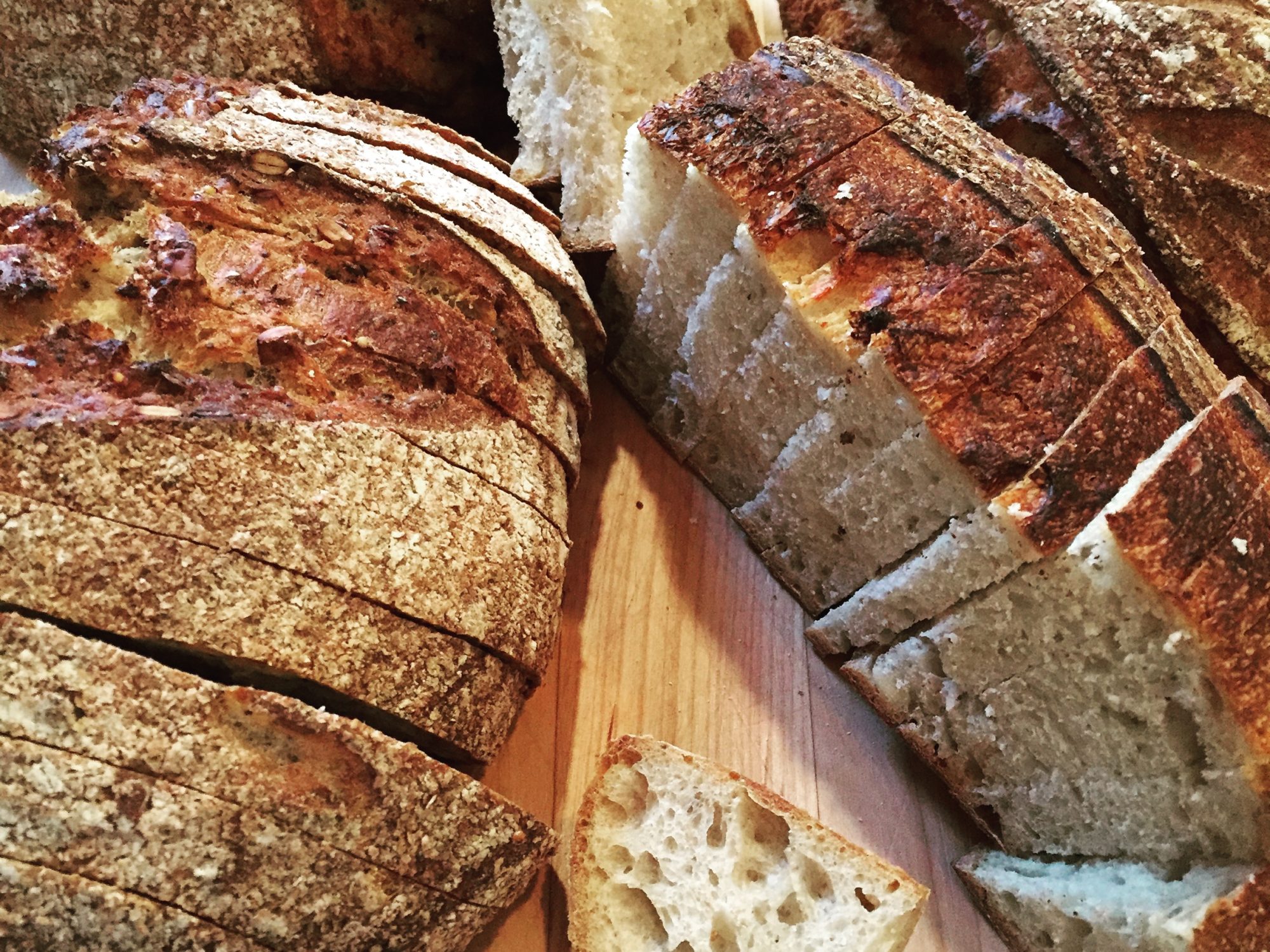| Guest Post by Brad Cathey |
‘32 Jesus then said to them, “Truly, truly, I say to you, it was not Moses who gave you the bread from heaven, but my Father gives you the true bread from heaven. 33 For the bread of God is he who comes down from heaven and gives life to the world.” 34 They said to him, “Sir, give us this bread always.” 35 Jesus said to them, “I am the bread of life; whoever comes to me shall not hunger, and whoever believes in me shall never thirst.’ —Luke 6 (ESV)
I recently finished the book 52 Loaves by William Alexander, about his year-long quest to make the perfect loaf of bread. Towards the end of the year he lands in a Benedictine monastery in France where he spends five intensive days making bread with the monks, and finally his perfect loaf. Though not a believer himself, Alexander became enamored with the quiet, slow pace monastery life, never missing any of the seven offices of the day. As he is leaving, Alexander asks of his host “Bread is important to the church as a symbol, no?” The monk replies, “bread is the church.” As his train pulls away, William begins to weep.
That might sound a little histrionic, but indeed, bread is one of the most enduring symbols of the Christian faith, playing a decisive role in our worship and in the church in general. Its meaning is not lost on an aficionado of bread like myself, but I often wonder if people on either side of me at the communion rail grasp what the bread truly means in their experience there at the altar. “If they only knew more about it,” I wish.
In nearly every culture around the world, even in its many forms, bread is truly considered a “staple of life.” The phrase “Breaking bread together” is an apt description of the communal aspects of sharing bread with others. Bread, or “pan” comes from the Latin for companion: “Company” + “panis”, or literally, sharing a meal with someone.
I was raised in a church where communion was a private matter, only experienced in the pew, “heads bowed and eyes closed.” As an adult, I joined a liturgical church, and for the first time experienced the act of going forward to a common altar rail and receiving the bread and wine communally, sensing those around me in a very visceral and vulnerable way. Of course, a case can be made for both forms of receiving communion, but personally, I have found the latter to be closer to the true meaning for me.
But why bread? Why did our Lord chose bread as his metaphor? Or more practically, why did he present them as the fundamental elements of the first true communion at the Last Supper? How can knowing more about the qualities of both bring new meaning to Holy Communion or when breaking bread around your own table?
How often do I come to the table and break bread? What impact does this have to my soul?


